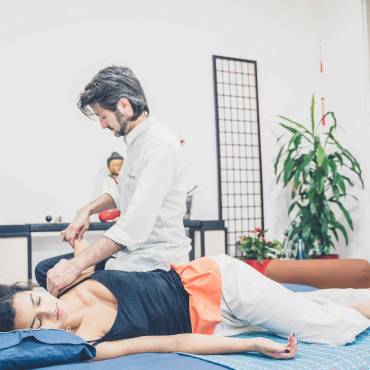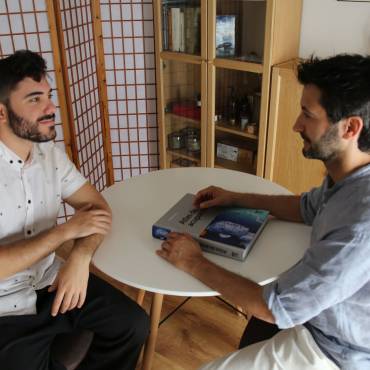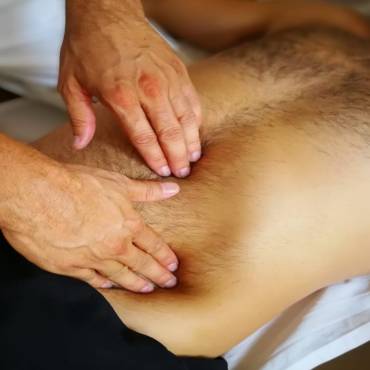Important Aspects of Shiatsu
Shiatsu therapy developed from techniques used by ancient shamans, using “pressure”. Masunaga, founder of the Zen Shiatsu style, states that the continuous and uniform pressure of Shiatsu facilitates blood circulation and stimulates the metabolism and flow of body fluids, promoting the internal function of the organs and guiding the patient to a more responsive state. Such a state is important, because the patient’s responses are usually suppressed due to the strain on the sympathetic system, which also hinders the functions of the internal organs. This allows for a rapid recovery. Touching certain parts of the body with the right intensity and quality will give the body an energetic stimulus that helps improve the state of well-being and restore balance where it is compromised.
Another important aspect of Shiatsu is the effect that “touching the skin” has on the brain. The brain waves pass from Beta to Alpha, achieving a more relaxed physical, mental and emotional state, making the patients free their thoughts, and acquire a more “nourishing” image of themselves and others. Emotion is the reflection of the mind in the body. Our world changes, as we change. Because of this, the quality of the relationship between receiver and therapist is of utmost importance.

Personally, I feel that the key is to create an atmosphere of trust between the two, a space of non-judgment, where the opportunity is offered to be oneself, being able to see, change or acquire new approaches to incorporate into our lives.
To create that state of trust, it is necessary for the Shiatsu practitioner to have four basic spirits in mind:
- Harmony ( calm the mind and focus on treatment).
- Respect (respect the patient’s condition without judgment, to allow for openness, heart to heart)
- Purity (to act without personal selfish ends; it is to abandon oneself and give birth to and manifest what should be done
- Serenity (acting with love and compassion)







Add Comment